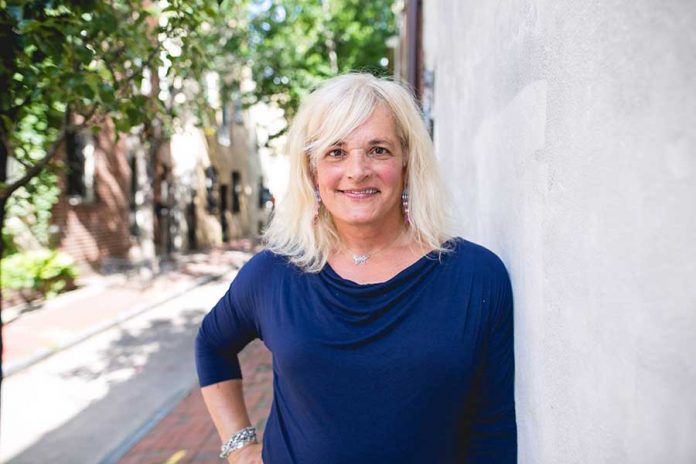Julie Chovanes is a transgender woman, lawyer and trans rights activist living in Philadelphia. After working as a partner at DLA Piper, she started her law firm, Chovanes Law LLC. Though she initially focused on commercial law, she now exclusively practices gender rights law, focusing specifically on trans rights.
“To me, the law is a message for justice, for putting forth and preserving people’s individual rights,” Chovanes said. “Everybody has the right to self-define.”
Chovanes is the founder and executive director of Trans-Help, a nonprofit organization that provides legal services to trans folks and educates the general public about local and large-scale trans communities.
“It originally started with a group of other trans women,” she said. “It was an attempt to give Maslow’s Pyramid some effect in the real world. Trans people lack those basics even down at the bottom. We were working on different areas like trans housing.”
As a gender rights lawyer, one of the biggest cases that Chovanes has won was Doe v. Dallas, which quashed Pennsylvania’s ban on trans Medicaid care.
“Your average trans person is dying for help, is dying to be recognized, is dying literally because so many of us are poor,” she said.
“It’s such a horrible lifestyle — we become sex workers, we become physically unable to deal with life and hide in our houses and all these things. With the Medicaid case, we were able to make sure that the state would pay for [trans people’s] medications, their hormones.”

Chovanes also worked on two cases in Pennsylvania and New Jersey, fighting for gender-accurate birth certificates in both states. In the New Jersey case, Chovanes achieved the first declaration from the Trump administration, recognizing that a trans person experiencing gender dysphoria is protected under the Americans with Disabilities Act.
“It’s a difficult area because trans people are saying ‘no, I’m not disabled,’” Chovanes explained. “But the point of the case is no, you’re not disabled, but gender dysphoria can be disabling, and that means we have rights, we get treated differently because of that.”
As an activist, Chovanes is engaged in a legal dispute with the Philadelphia District Attorney’s Office for withholding records in the case of Nizah Morris, a Black trans woman who allegedly died while in police custody or very near to it, according to time-stamped testimony and documentation.
After Morris collapsed on the street from intoxication in the post-midnight hours of a December morning, police intervened and offered her a courtesy ride. Despite Morris asking to be taken home in West Philadelphia, three police officers dropped her off at 15th and Walnut streets, where she was ultimately found with severe head injuries and taken to the hospital. She died a few days later. None of the police officers involved have been charged with a crime. Police reports are missing information, and investigative records have been withheld.
“A conspiracy has hidden the documents surrounding her death for 16 years, a conspiracy of silence around the killing of a Black trans woman potentially in city custody,” Chovanes said. “It’s amazing that no one would care enough about her to even release these documents.”
Even though these records have been inaccessible for years, Chovanes believes that she is making headway in this case. “I feel optimistic,” she said. “That’s what life should be about. But how can we trust any organization in this city when we need to so badly — how can we trust them if they’re hiding these documents.”
